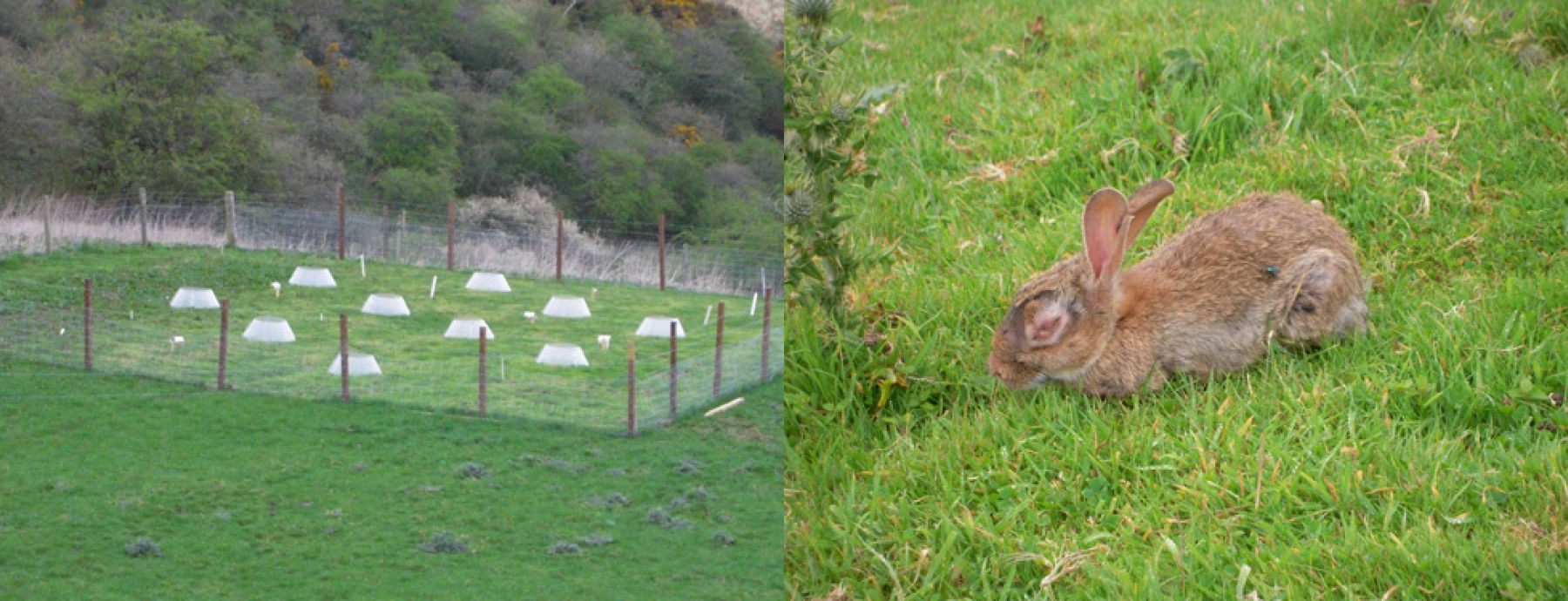Synopsis by Brittany Dodson
Global climate change is expected to affect a wide range of processes and interactions in ecosystems around the world. The ramifications of global change for disease transmission risk are of particular interest due to the potential economic and public health implications. Since not all pathogen-host interactions are likely to respond equally, however, more empirical evidence is needed from a wider diversity of disease-causing organisms in order to properly assess and model projected changes in disease risk.
In certain areas, the incidence of parasitic helminth worms is increasing in livestock and wildlife. It is thought that higher worm burdens in these hosts may be due to higher temperatures driving an increase in rates of helminth reproduction and development. For example, data from a long-term epidemiological study of wild European rabbits in Scotland has revealed that the prevalence of infection with one of two common gastrointestinal nematode parasites, Graphidium strigosum, increased at the same time that the mean air temperature increased by 1°C between 1977 and 2002. These long-term field patterns led CIDD researchers Isabella Cattadori and Alexander Hernandez, along with undergraduate student Adam Poole, to experimentally study the effects of climate change on two helminths common in European rabbits.
Basing their experiments on climate records from Scotland, the team asked how daily, seasonal and long-term temperature changes altered egg hatching and larval survival in free-living stages of G. strigosum and Trichostrongylus retortaeformis. In both helminths, increased temperatures were correlated with faster egg development, better hatching rate and larval survival. Seasonal changes in daily temperature were also important sources of variability in helminth egg hatching and larval survival; warmer months resulted in earlier hatching, with T. retortaeformis emerging earlier than G. strigosum. Overall, they conclude that climate change could lengthen the growing season for parasitic helminths and increase host exposure to infection.
Studies like these help elucidate host-parasite interactions and how these dynamics may shift due to climate change.
Written By: Hernandez AD, Poole A, & Cattadori IM
Paper Url: http://onlinelibrary.wiley.com/doi/10.1111/gcb.12106/full
Paper Id: 10.1111/gcb.12106
